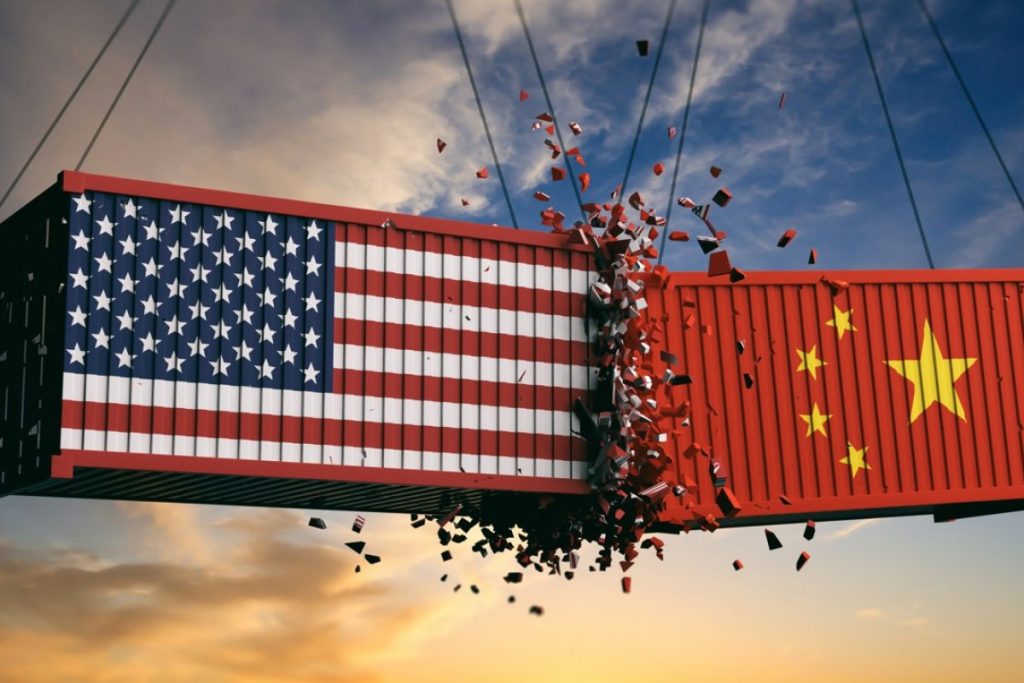On March 24, 2020, Indian PM Narendra Modi ordered a complete lockdown for India’s 1.3 billion people starting at midnight, lasting for a minimum of 21 days, and applicable all of India’s 36 states and territories. This is in response to the Coronavirus (COVID-19) pandemic that originated first in Wuhan, China in December of last year, and has since spread globally.
India has <500 total cases of coronavirus, and only nine people have died from the disease. Yet, this unprecedented lockdown marks a proactive, preventive measure to combat the virus.
When we look back at the COVID-19 pandemic, we will realize that it was not just the most significant health crisis that engendered India since its Independence, it will also mark an important schism between a pre-coronavirus era, and, what comes after, the post-Coronavirus era.
While the COVID-19 challenges and puts pressure on the healthcare infrastructure, it also poses significant ramifications for businesses everywhere. Enterprises will be under pressure to relook, rejig and restructure the way their businesses operate, and in the times ahead, we will begin to see the contours of what our lives will be going forward.

During this unprecedented period of lockdown for the next 21 days, enterprises will face many severe challenges and pressures. There will be critical issues, pertaining to cash flow, and managing liquidity. Undoubtedly, there will be some enterprises which will fail. They will typically work in silos, and lack a clear strategy and communication to deal with crisis. Do note that enterprises operate in an ecosystem marked by a great level of interdependency, and disruptions tend to set-off a cascade of disruptions across the spectrum. On the other hand, there will certainly be enterprises who will take the coronavirus gauntlet, and look at dealing with and mitigating the crisis. Fortune certainly favours those who ‘think outside the box’, who break down the information silos within, and work closely with their partners, planning and supporting them. They will be in a better position to land on their feet, and scale-up, as soon as the coronavirus pandemic is better managed.
For enterprises in India and elsewhere, this phase of lockdown will provide them with an opportunity to reassess their business priorities and process. Most will look at their immediate goal of activating their existing supply chain, and seeking a return to optimal production at speed and scale.
Until now, enterprises have not realized the extent of their dependency on China, and have considered it complex enough to manoeuvre – including, for instance, the complex network of suppliers and sub-suppliers.
Once enterprises are able to move beyond the chaos set by the pandemic, there will be some enterprises that will start giving a greater impetus to move their operations from China to other geographies, including India as part of a long-term de-risking strategy. These are the ones that will succeed in the long-term.
For consumers, this period of extended lockdown will mark a clear shift in the way we live and work, and the way we co-opt technology to succeed at work from home. Enterprises that are able to gain better understanding of customer preferences, and are able to cater to, and add value this new workplace, will stand to succeed.
The Coronavirus pandemic is a shock stimulus, that will test the existing business system and processes. It will reveal the weaknesses in the existing system. More importantly, for CxOs, it will provide them with opportunities to fix and improve business performance. The result: The businesses of the post-Coronavirus phase will be ones that have resilience hardwired in their DNA.



